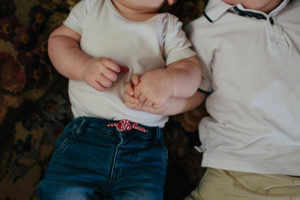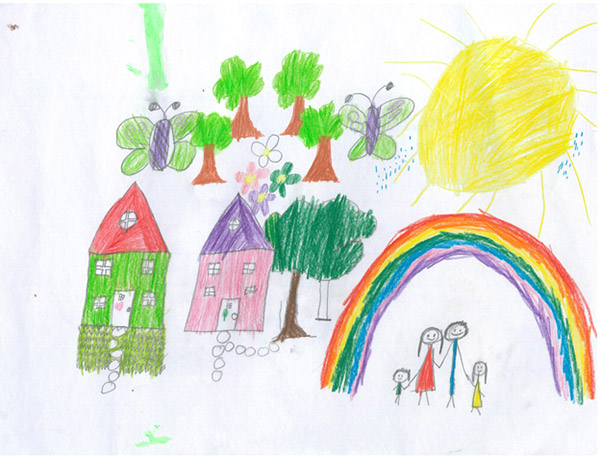Siblings and Grief
Siblings and Grief - Fact Sheet الحزن والمراهقين - Siblings and grief Fact Sheet - Arabic Anh chị em và nỗi đau buồn Siblings and Grief Fact Sheet - Vietnamese 兄弟姐妹 的支援 Sibling support Fact Sheet - Traditional Chinese 兄弟姐妹 与悲伤-siblings and grief Fact Sheet - Simplified Chinese
“People who love each other are always connected by a very special string, made of love. Even though you can’t see it with your eyes, you can feel it deep in your heart, and know that you are always connected to the ones you love.” — The Invisible String, Patrice Karst
Siblings have unique relationships with one another and how they grieve will also be unique. Siblings need their own time to grieve and a feeling of safety so they can express how they are feeling. It is important to remember children’s grief can vary greatly from adults but if you have concerns it may be helpful to seek support from a health professional.
A brother or sister’s reaction to the death of a sibling will be unique and is greatly influenced by their age, their development stage, personality and the family, cultural and religious influences in their lives. Understandably you will have concerns and worries about how your other children will manage their grief.
The majority of children who experience loss will have three concerns.
- Did I cause the death?
- Will I die?
- Who will care for me?
Speaking in an open, honest and age appropriate way with children can help them cope better with their loss. Encouraging and supporting them in planning and attending memorial services can further aid understanding of grief and associated feelings. Involvement of schools for ongoing support is a positive step towards learning to live with the emotions and changes imposed by loss. It may also be worth considering professional bereavement support.


